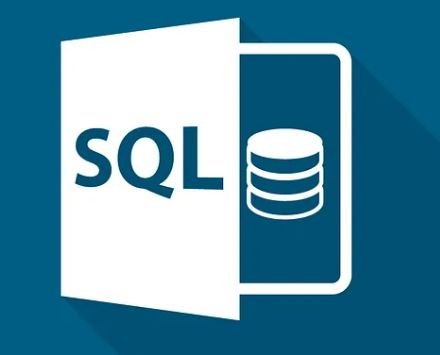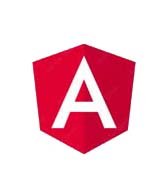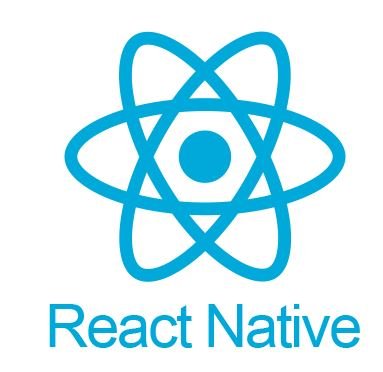26 January Republic Day India
Republic Day: A Glorious Celebration of India’s Sovereignty and Unity Every year on January 26, India celebrates Republic Day, a national holiday that marks the day when the Constitution of India came into effect in 1950, making India a republic. It is a day that highlights the nation’s commitment to democracy, sovereignty, and the values […]
26 January Republic Day India Read More »









